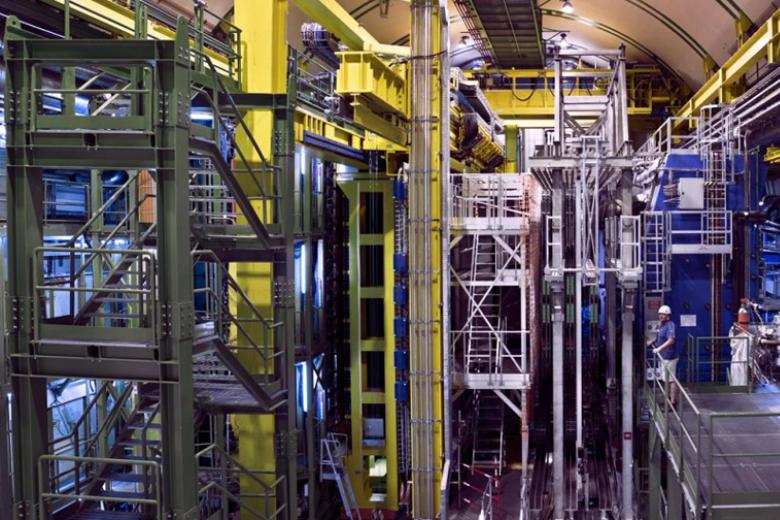'Gut is our second brain'
Our intestines are oh so important, but in science they get the short end of the stick. Microbiologist Koen Venema is doing research with artificial intestines. "They are the key to your health."
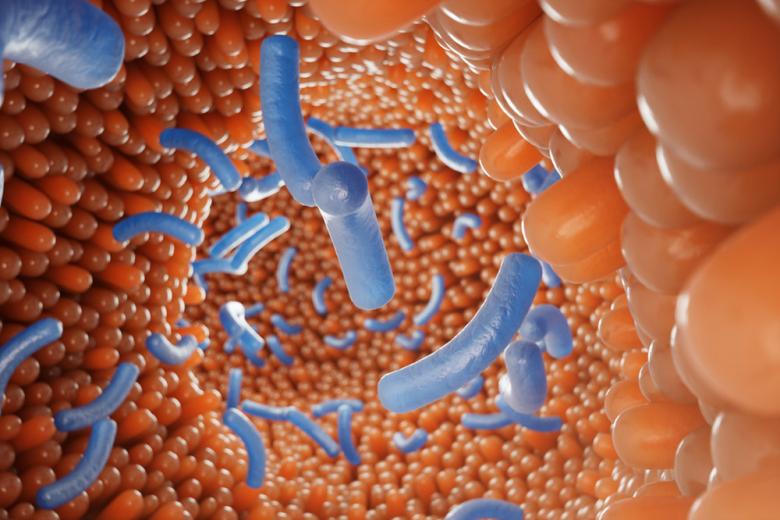
Our intestines are oh so important, but in science they get the short end of the stick. Microbiologist Koen Venema is doing research with artificial intestines. "They are the key to your health."

On 01 October, the Faculty of Science and Engineering opened its doors to host 'Weekend van de Wetenschap' (English: Weekend of Science).
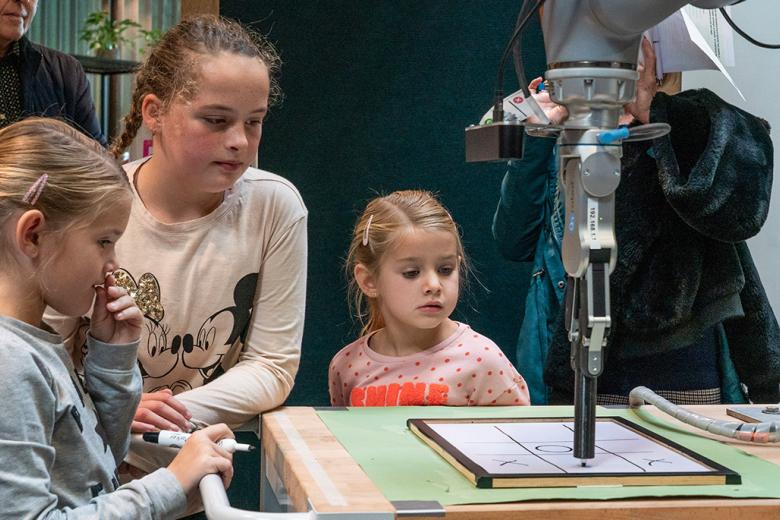
A European consortium of 14 partners, coordinated by Maastricht University, has received €7.7 million euros in funding to streamline the curation and publishing of personal health data with the help of artificial intelligence.

Brand-new Nobel Prize winner Svante Pääbo managed to bring ancient DNA to life and unravel it. UM professor of palaeo-ecology José Joordens explains how special and valuable this is.

Did you know that even our four-legged friends have a climate impact? Professor Pim Martens states: It’s the products we buy for them that need a closer look. How can you minimize the carbon pawprint?

Maastricht University is about to add a new bachelor’s programme to its portfolio: Computer Science. The programme kicks off in September 2023.
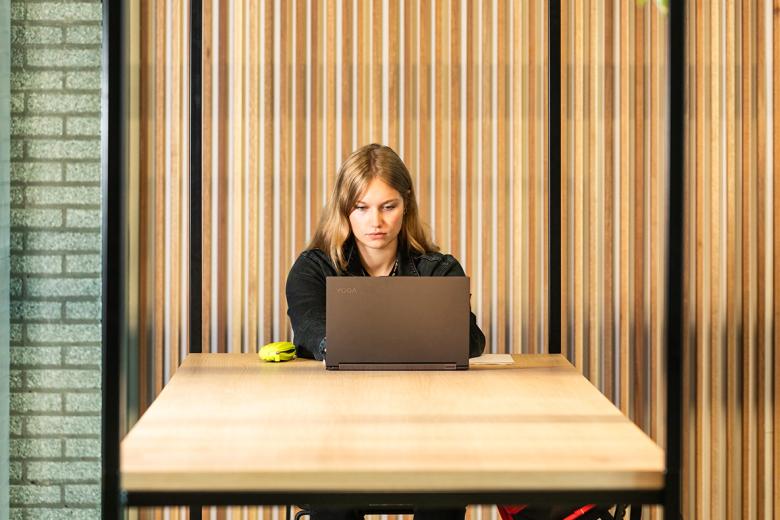
During the Weekend of Science, scientific institutions across the Netherlands open their doors to visitors between the (approximate) ages of 8 and 88. Maastricht University warmly invites you and your family to visit the Faculty of Science and Engineering on Saturday 01 October.
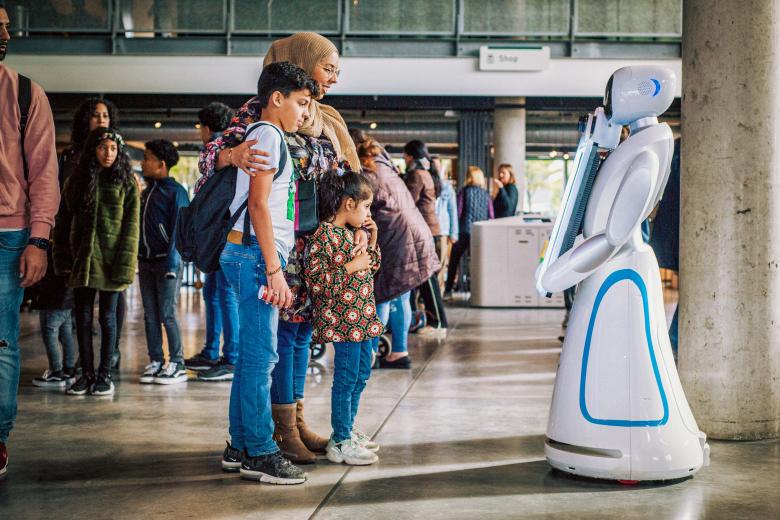
In the professional life of food expert and university lecturer Alie de Boer, everything revolves around getting honest information about healthy and sustainable food.
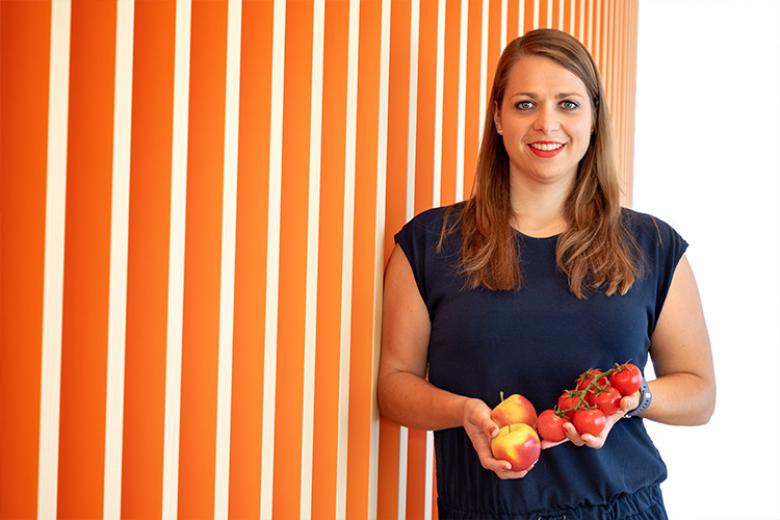
Researchers at the Maastricht MultiModal Molecular Imaging Institute (M4i) have collaborated on a study to improve small intestine organoids. The new organoids also contain Paneth cells and are therefore a complete representation of the human small intestine.
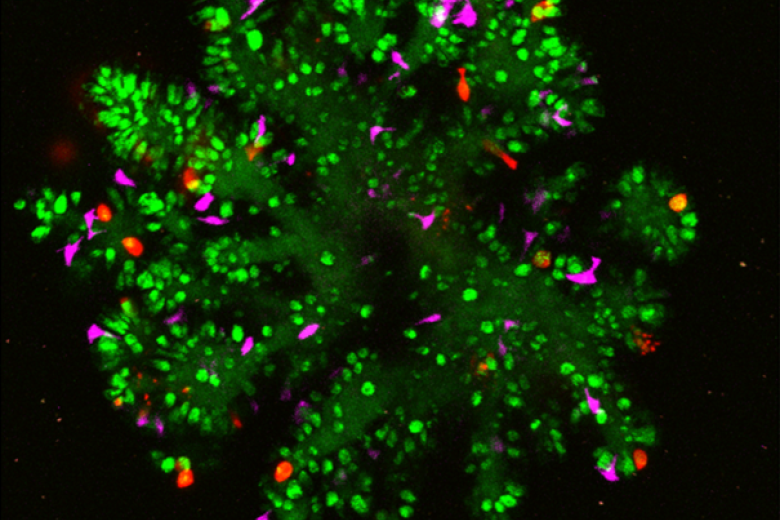
In a recent article in the Journal of High Energy Physics (JHEP), the LHCb collaboration reports the application of Quantum Machine Learning for identifying properties of so-called jets: streams of particles that result from particle collisions.
